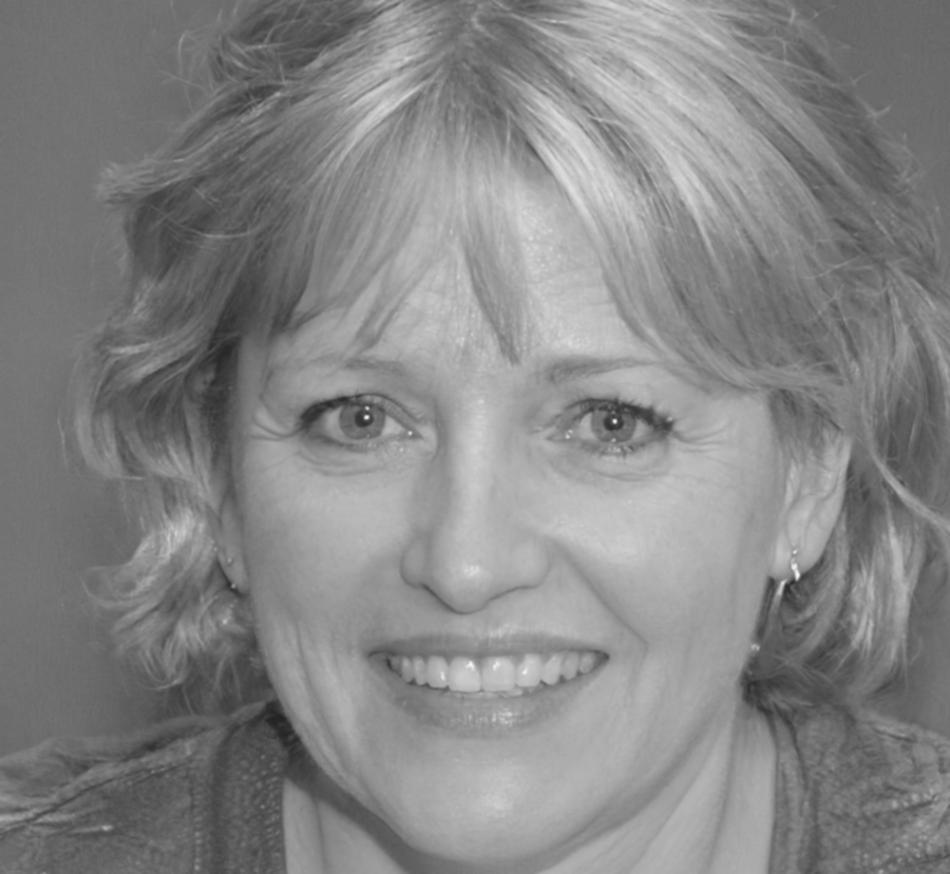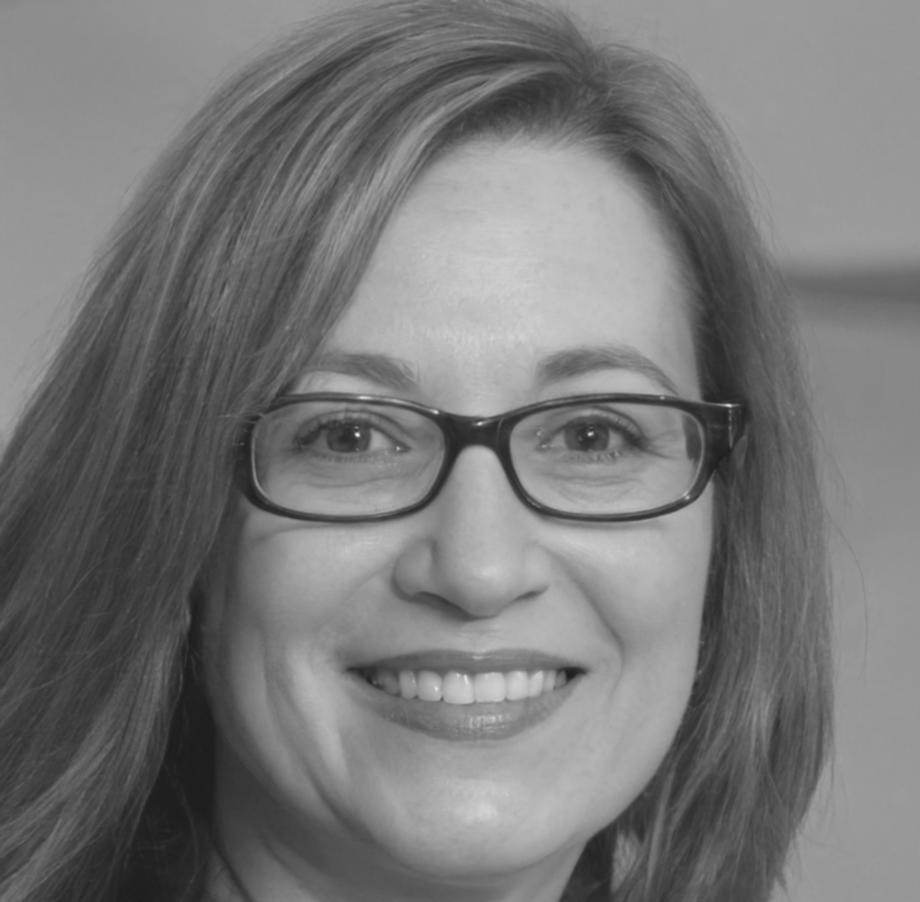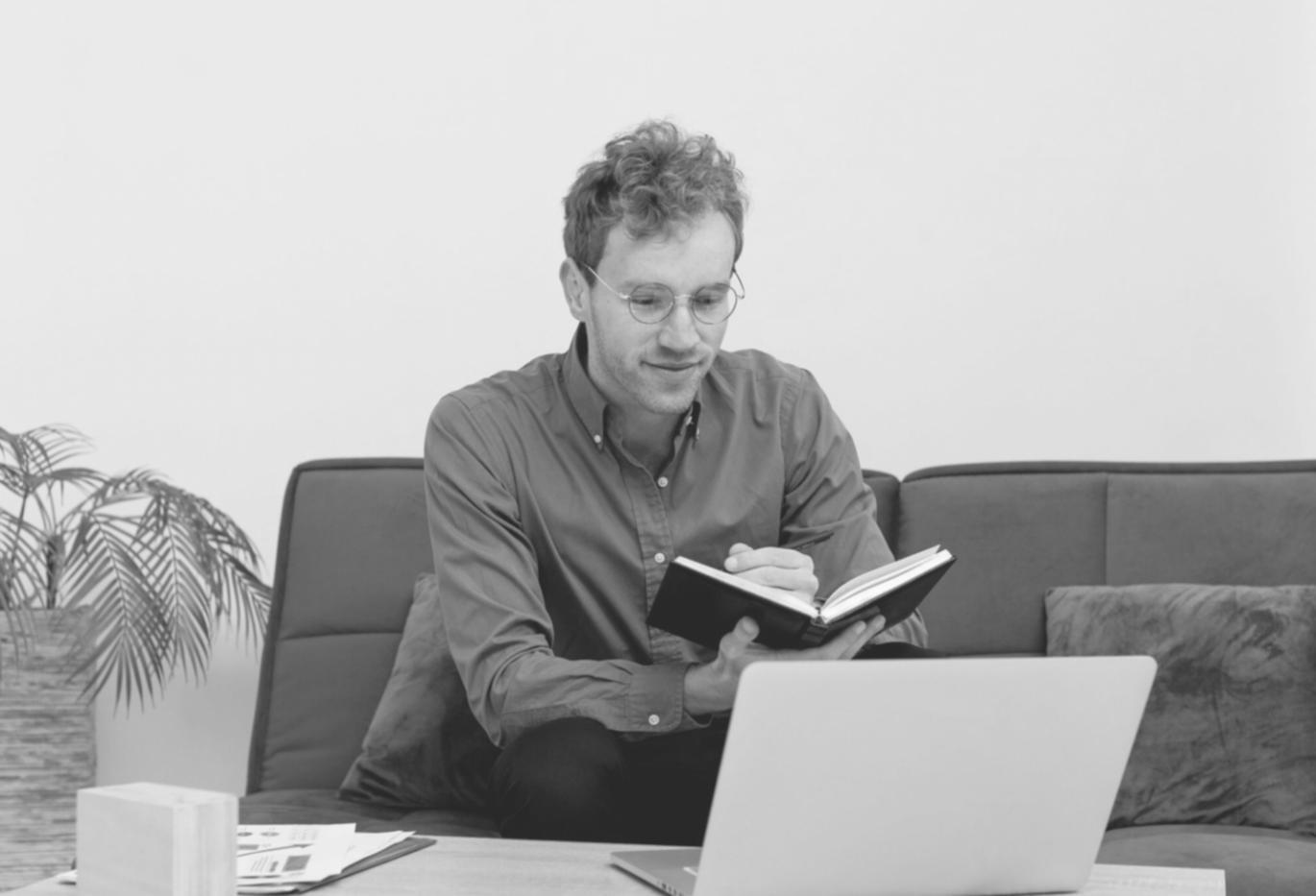Build Financial Habits That Actually Stick
Our program isn't about quick fixes or magic formulas. It's about understanding how money works in your life and making changes that feel natural. We work with small groups starting September 2025, focusing on real situations rather than textbook theories.
Register Your InterestWho You'll Learn From
Both of us came to financial education through our own messy journeys. We're not here to lecture—just to share what we've learned from our mistakes and successes.

Freya Lindfors
Program Lead
Spent years helping people untangle their finances after major life changes. Used to think budgets were about restriction until she realised they're actually about choice. Now focuses on helping people find their own approach rather than following someone else's system.

Vesna Kovač
Behavioural Finance Facilitator
Worked in banking for twelve years before realising most financial advice ignores how people actually behave. Left to study behavioural economics and now teaches the psychological side of money management. Believes small pattern changes matter more than big dramatic resolutions.
What We'll Cover Over Twelve Weeks
The program runs from September through November 2025. We meet every Tuesday evening at our Coogee location. Each session builds on the previous one, but we adjust based on what the group needs. Some weeks we dive deeper, others we pause to work through specific challenges people are facing.
Understanding Your Current Patterns
Before changing anything, we need to see what's actually happening. You'll track spending without judgment, identify triggers for financial decisions, and start noticing patterns you might not have seen before. This part can be uncomfortable—money habits are often tied to emotions we'd rather not examine.
Building Systems That Match Your Life
Generic budgets fail because everyone's life is different. We help you design a system that accounts for your actual income patterns, expenses, and the way you think about money. Some people need detailed tracking, others need simple guardrails. Both approaches can work.
Making Better Decisions Under Pressure
Financial stress doesn't wait for convenient moments. We practice making decisions when you're tired, overwhelmed, or facing unexpected expenses. You'll develop tools for those moments when everything feels urgent and you just want to ignore the problem.
Planning Beyond Next Month
Once immediate pressures ease, we look further ahead. Not distant retirement planning, but the next year or two. How do you prepare for predictable expenses? What about building some flexibility into your finances? We end with each person having a realistic plan they actually believe they can follow.

How We Actually Run Sessions
Groups are capped at eight people. We've tried larger classes and they don't work—too hard to address individual situations. Sessions run two hours, though we usually end up going a bit over because conversations continue.
You'll do homework between sessions. Not busywork, but practical exercises that connect to your real finances. Some weeks that means tracking specific spending. Other weeks you might test a new approach to handling bills or practice a decision-making framework.
- Small cohorts allow for personalised guidance
- Evening sessions accommodate working schedules
- Practice exercises based on your actual situation
- Ongoing support between weekly meetings
- Access to follow-up sessions in early 2026
